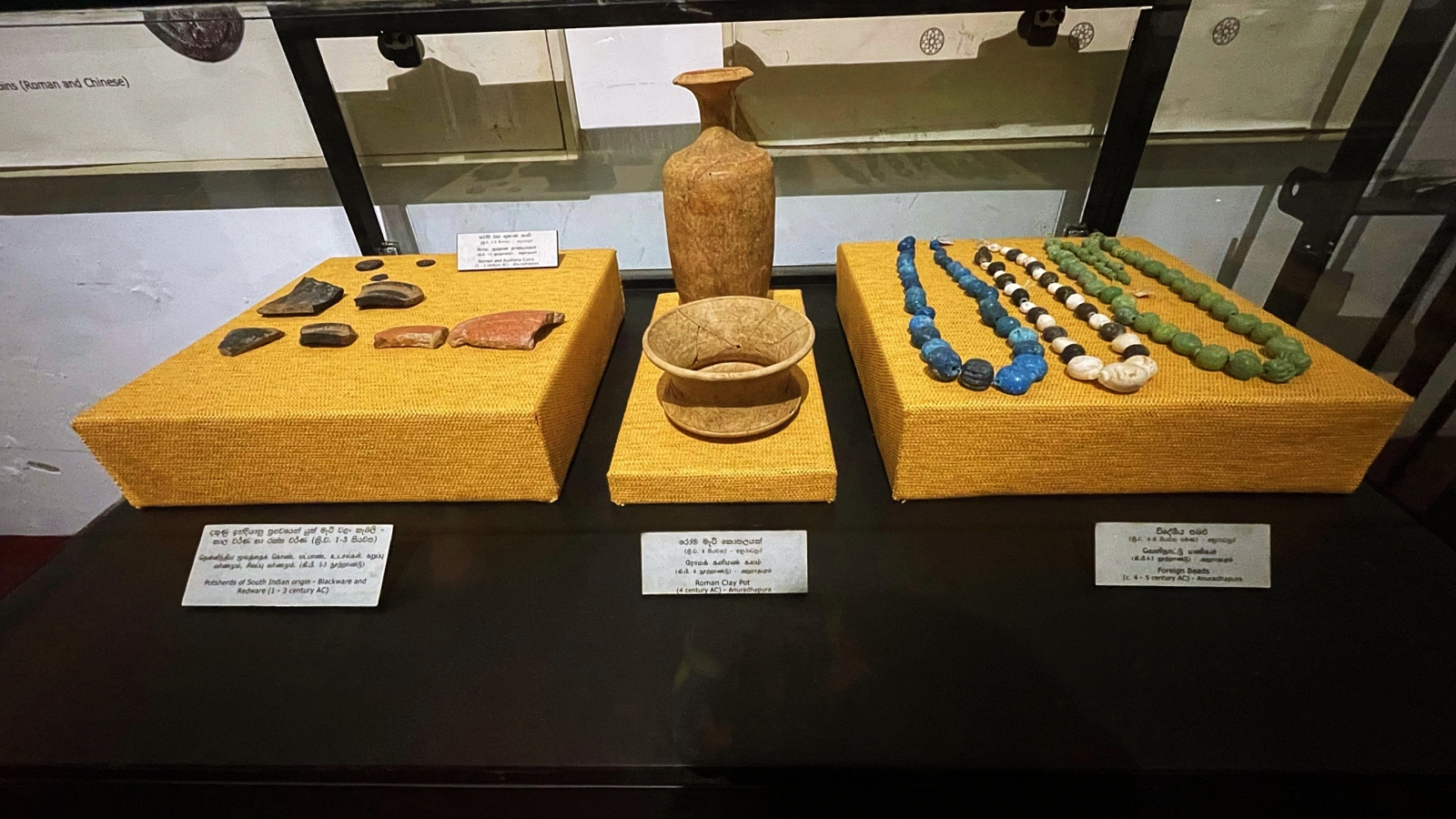Eco Friendly Materials Add Bling to India’s Jewellery Market
The Indian jewellery market is embracing eco friendly solutions and adding bling to the market by utilising eco friendly materials. With the increasing demand for ethical and sustainable jewellery, manufacturers are investing in eco-friendly materials for their jewellery production. This article will discuss the advantages, challenges and potential of eco-friendly materials in the jewellery market. It will also provide examples of eco-friendly jewellery that is currently available in India and the benefits of using eco-friendly materials in the jewellery market.
Table of Contents
Advantages of Eco-Friendly Materials for Jewellery

Eco-friendly materials are becoming increasingly popular for jewellery due to their positive environmental benefits. Natural materials such as bamboo, wood, and cork are all great options for creating fashionable and sustainable jewellery. They are renewable and biodegradable and require minimal energy to produce. Furthermore, they are generally more affordable than traditional materials, making them an attractive option for consumers. Lastly, eco-friendly jewellery is often crafted using ethical, artisanal methods, ensuring that each piece is unique and of high quality. Eco-friendly materials are a great way to stay stylish and help the environment.
Indian Jewellery Market Embracing Eco-Friendly Solutions
The Indian jewellery market is embracing eco-friendly solutions, as consumers become more conscious about their impact on the environment. Jewelry makers are now turning to materials such as lab-grown diamonds, recycled metals, and natural stones and shells to create pieces that are both stylish and sustainable. Companies are also implementing innovative solutions such as 3D printing technology to reduce waste and create more efficient production processes. As a result, the Indian jewellery market is becoming more sustainable while still providing high-quality products.
Challenges of Implementing Eco-Friendly Materials
As sustainability becomes increasingly important in the modern world, many businesses and organizations are looking for ways to become more eco-friendly. One way to do this is to implement eco-friendly materials into their products, processes, and operations. This can be a challenge, however, as eco-friendly materials can be difficult to source, expensive, and require a change in production methods. Additionally, there may be unforeseen issues that arise when implementing new materials, such as safety and health risks. Despite these risks, businesses are taking steps to reduce their environmental impact, and implementing eco-friendly materials is an important part of this process.
Examples of Eco-Friendly Jewellery in India
In India, eco-friendly jewellery has become increasingly popular as people strive to move towards a more sustainable lifestyle. Eco-friendly jewellery pieces are made from materials such as recycled metals, plant-based materials and sustainable gemstones. Examples of eco-friendly jewellery in India include necklaces and earrings made from repurposed silver, bracelets made from responsibly sourced wood, and rings with ethically sourced gemstones. These pieces are not only beautiful, they are also kinder to the environment and demonstrate a commitment to sustainability.
Potential of Eco-Friendly Materials in the Jewellery Market
The jewellery market is shifting towards eco-friendly materials in order to reduce its environmental impact. Sustainable materials such as wood, bamboo, and even recycled metals are becoming increasingly popular among jewellery makers. These materials are not only eco-friendly, they are also cost effective, allowing jewellery makers to increase their profits while still being conscious of the environment.
Additionally, due to the trend of sustainable living, eco-friendly jewellery is becoming more desirable in the market, offering jewellery makers more potential to increase sales and profits. By utilizing eco-friendly materials, jewellery makers can better serve the needs of their customers as well as helping to reduce the environmental impact of their business.
Advantages, Challenges and Potential
The jewellery market is increasingly beginning to recognize the importance of using eco-friendly materials to create pieces that are both stylish and sustainable. These materials have a range of advantages, such as being renewable, recyclable, and non-polluting. In addition, many of these materials are biodegradable, making them non-toxic and safe for the environment. Despite the advantages of eco-friendly materials, there are some challenges that must be addressed in order to make them a viable option for the jewellery industry.
These include the difficulty of obtaining materials that are both ethical and sustainable, as well as the cost of using these materials. However, with the right strategies and resources, these challenges can be overcome in order to create jewellery pieces that are both beautiful and ethically produced. The potential for eco-friendly materials in the jewellery market is enormous, and with the right approach, these materials can become a major force in the industry.
Benefits of Using Eco-Friendly Materials
The use of eco-friendly materials in the jewellery market is becoming increasingly popular due to the many benefits they provide. Eco-friendly jewellery is made from materials that are environmentally-friendly and sustainably sourced, such as recycled metals, ethically-sourced gemstones, and natural materials like wood, bone, and horn. This type of jewellery not only supports ethical practices, but it is also less harmful to the environment, as it does not require additional mining or processing of materials.
Additionally, eco-friendly jewellery is often made from recycled metals and gemstones, meaning that it can be more affordable than traditional jewellery. Furthermore, the use of eco-friendly materials in jewellery can help to reduce the number of pollutants and chemicals that are released into the environment. Therefore, eco-friendly jewellery is not only an ethical and sustainable choice, but it is also a practical one.
Eco-friendly materials have a great potential in the Indian jewellery market and are becoming increasingly popular. The advantages of eco-friendly materials include being cost-effective, sustainable, and ethical. However, the challenges of implementing eco-friendly materials such as limited access to resources, higher cost of production, and lack of awareness of options, need to be addressed. There are many examples of eco-friendly jewellery available in India, such as those made from recycled silver, recycled plastics and wood. Eco-friendly jewellery has many benefits, from being sustainable to providing a unique style. With the increasing popularity of eco-friendly materials, the Indian jewellery market is sure to benefit in the long run.



